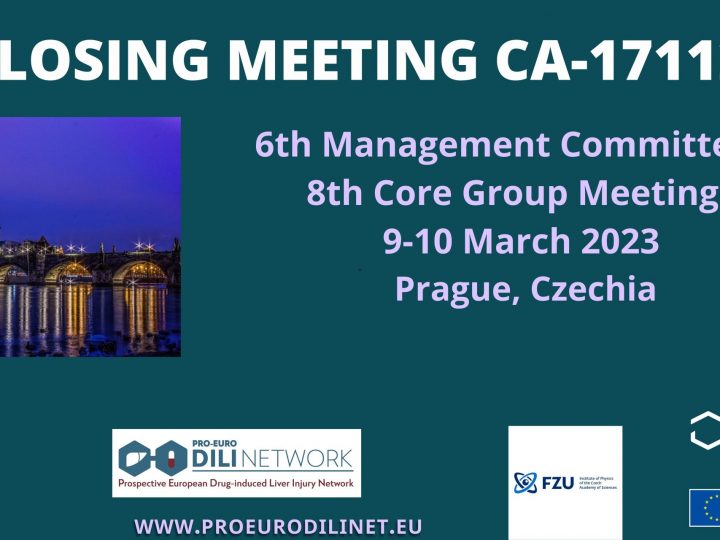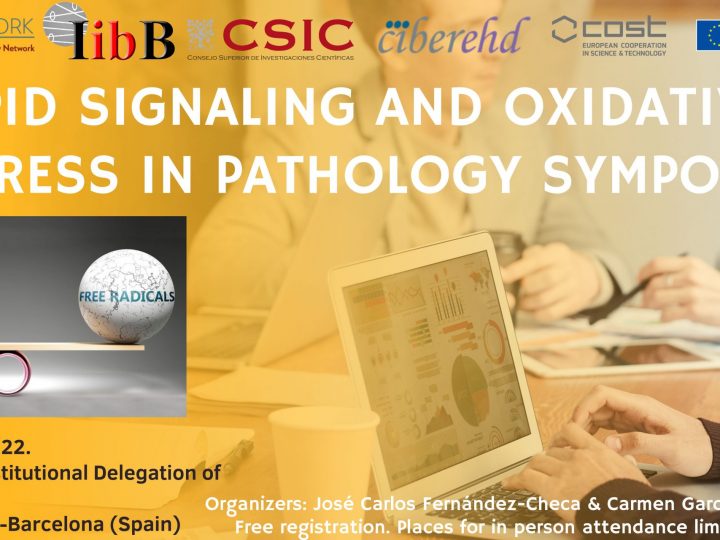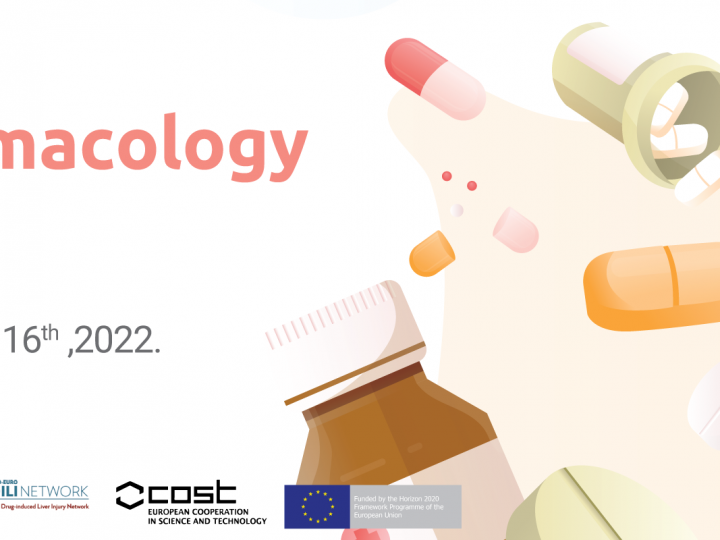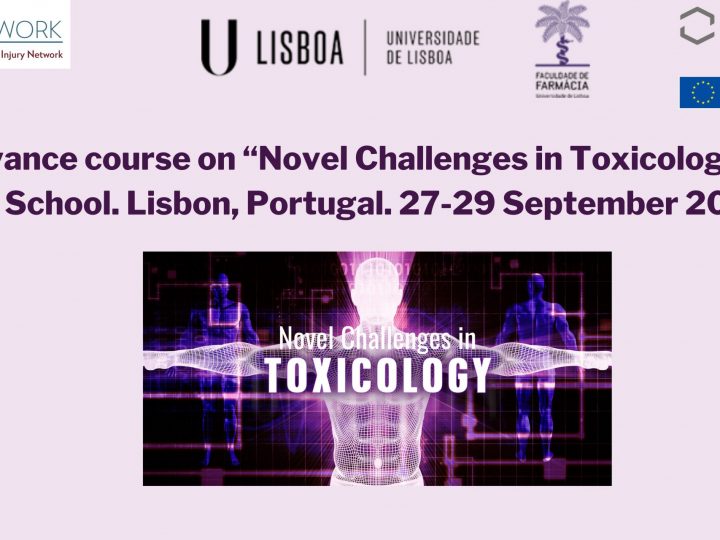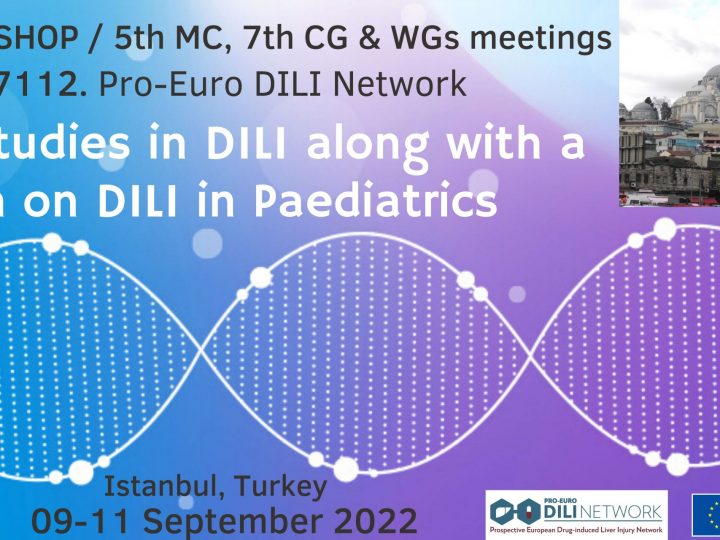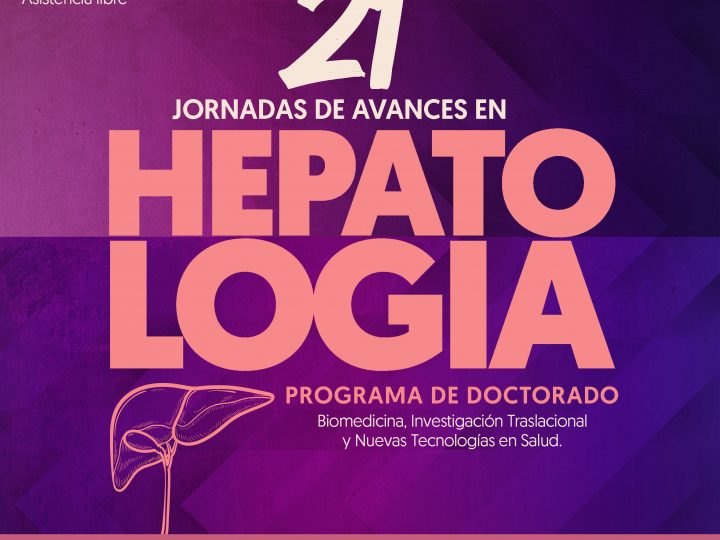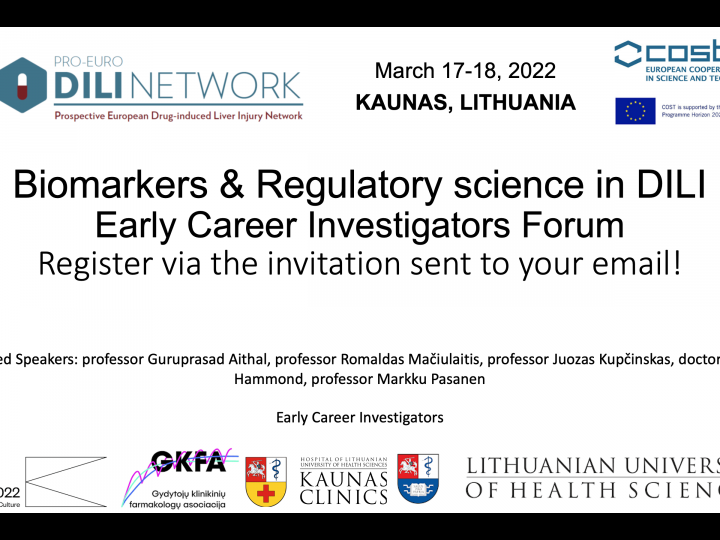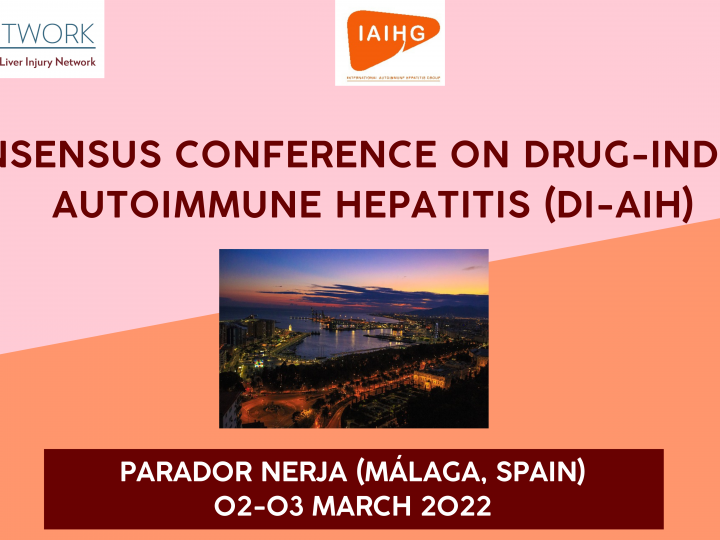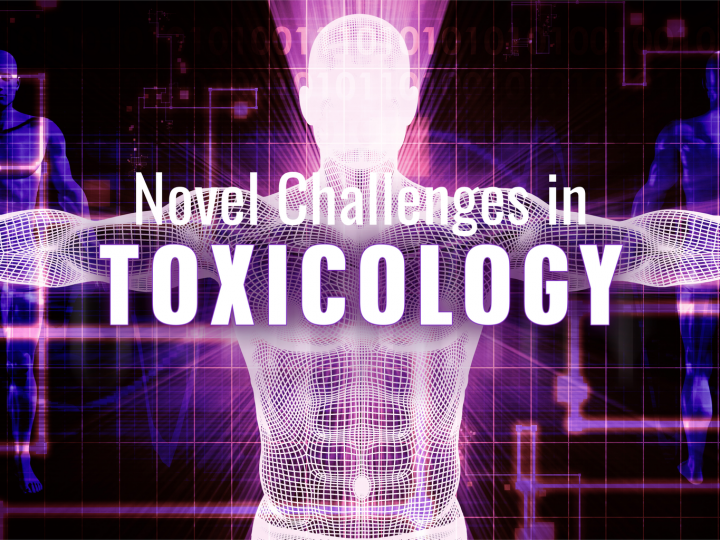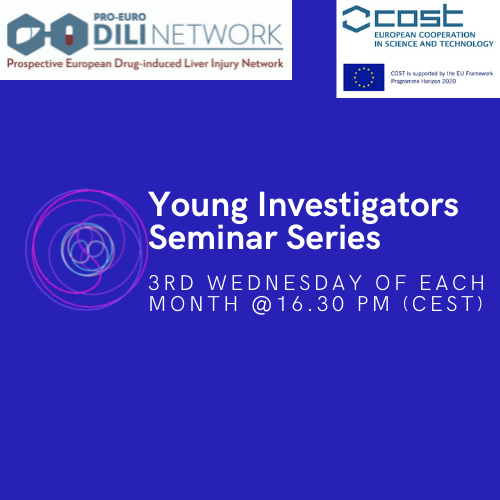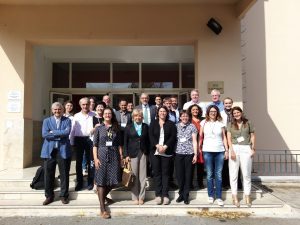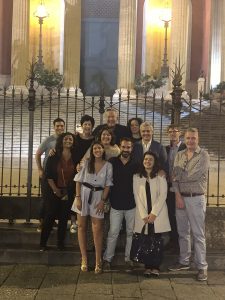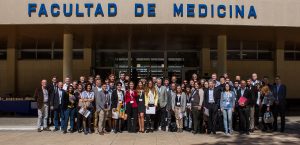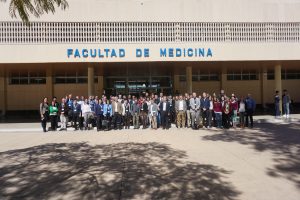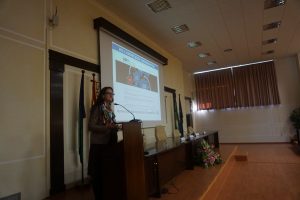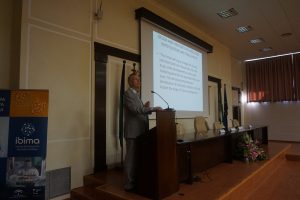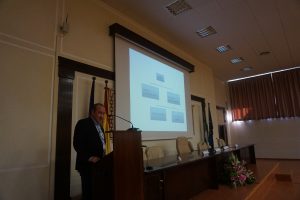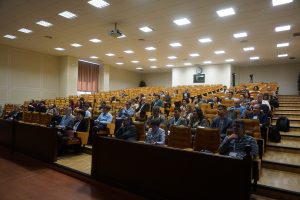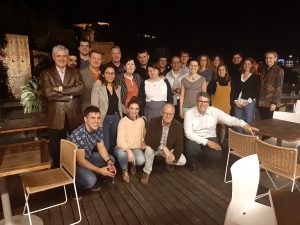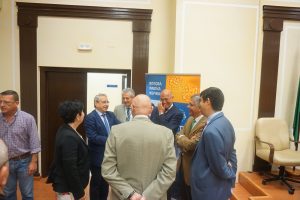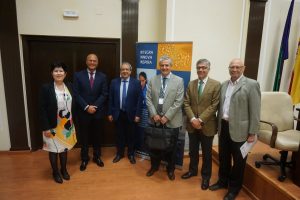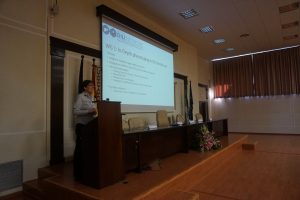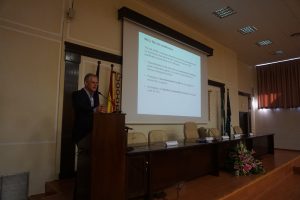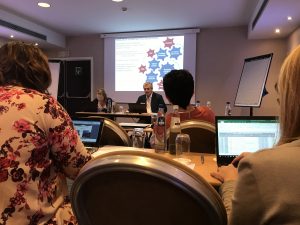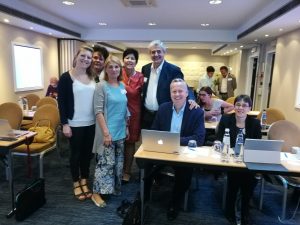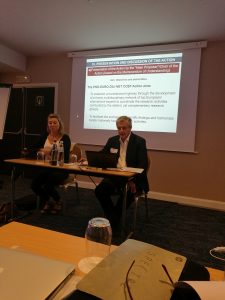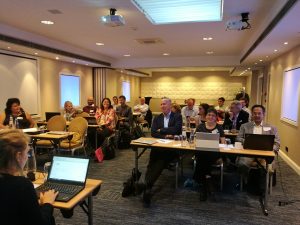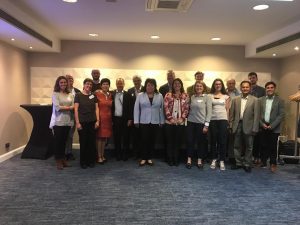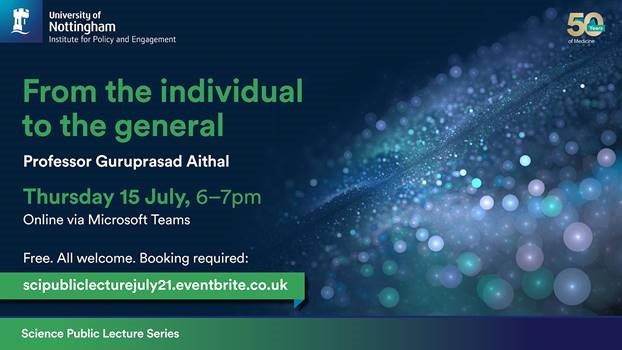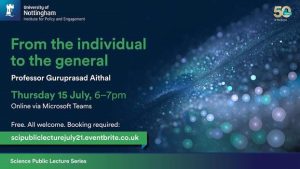Short Term Scientific Missions (STSM) are institutional visits aimed at supporting individual mobility, fostering collaboration between individuals.
STSM – ELIGIBILITY RULES
STSM applicants must be engaged in an official research programme as a PhD Student or postdoctoral fellow or can be employed by, or affiliated to, an institution, organisation or legal entity which has within its remit a clear association with performing research. The institutions / organisation or legal entity where applicants pursue their main strand of research are considered as Home institutions. The Host institution is the institution / organisation that will host the successful applicant.
The following table shows the scenarios available to eligible STSM applicants:
Located in an Approved NNC institutionIn a Participating COST Full Member / COST Cooperating Member
| Applicant in a Home Institution | To perform an STSM in a Host Institution |
|---|---|
| Located in a Participating COST Full Member / COST Cooperating Member | In another Participating COST Full Member / COST Cooperating Member |
| In a Participating COST Partner Member | |
| In an Approved IPC Institution | |
| In an Approved NNC Institution | |
| In EU Commission, Bodies, Offices and Agencies | |
| In an Approved European RTD Organisation | |
| In an Approved International Organisation | |
| Located in an Approved European RTD Organisation | In a Participating COST Full Member / COST Cooperating Member |
Eligible STSM applicants must submit their STSM applications online at the following web address: https://e-services.cost.eu/stsm
STSM Coordinator : Francisco Javier Cubero
To define transparent criteria of evaluation of STSM applications in line with COST rules
To evaluate of STSM applications
To select of the successful candidates and the approval of the scientific report submitted by the STSM grantee
To promote gender balance, enabling Early Career Investigators (ECI) and broadening geographical inclusiveness
Training Schools will provide intensive training in emerging research topics within the laboratories and organisations involved in the Action.
Science Public Lecture (Thursday 15 July 2021): From the individual to the general. Professor Guruprasad Aithal.
Recording now available here.
Abstract:
‘None of the arts theorise about individual cases’ was one of Aristotle’s rhetoric which refers to the inter-individual variation in response to a medication. Two thousand years since, fact is that vast majority of medicines work in half of those who take them. ‘Idiosyncratic’ adverse reactions remain a challenge during drug development and patient care.
Metabolism and immune system have been critical for survival of species enabling the organism to withstand starvation and infections. With an overlap of two xenophobic systems in the form of drug metabolising enzymes (evolved to deal with plant based compounds) as well as immune system (designed to respond to ‘foreign’ proteins) liver encapsulates the pre-conditions that generate ‘idiosyncratic drug-induced liver injury’.
Buoyed by the rich set of genomic information provided by the Human Genome Project and introduction of genome wide association studies, we have been able to unravel genetic basis of inter-individual variation in drug response. Capacity to induce stem cells from an individual to develop into liver cells and organoids in the laboratory will provide invaluable resource for studying biology underpinning individual’s response to drugs.
A ‘polygenic score’ that captures the risk of one developing common diseases can be estimated in a meaningful way. In precision medicine, therapies are designed and chosen on the basis of underlying biological processes, identifying those who benefit the most and protecting patients from side effects. Now reliable tests might be just around the corner.

